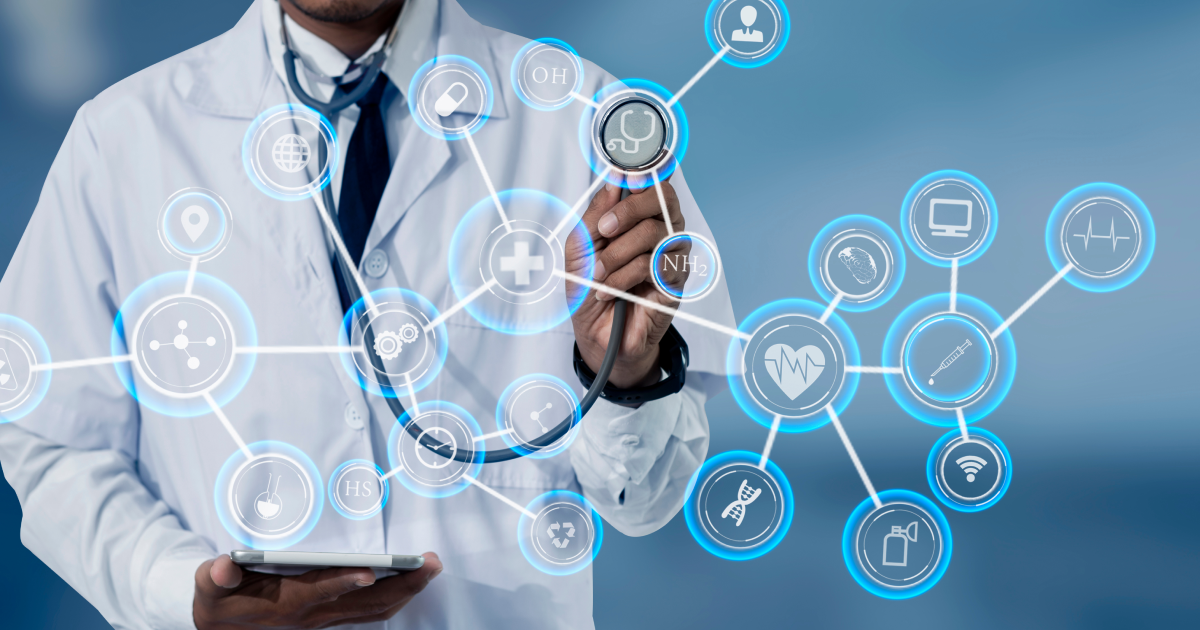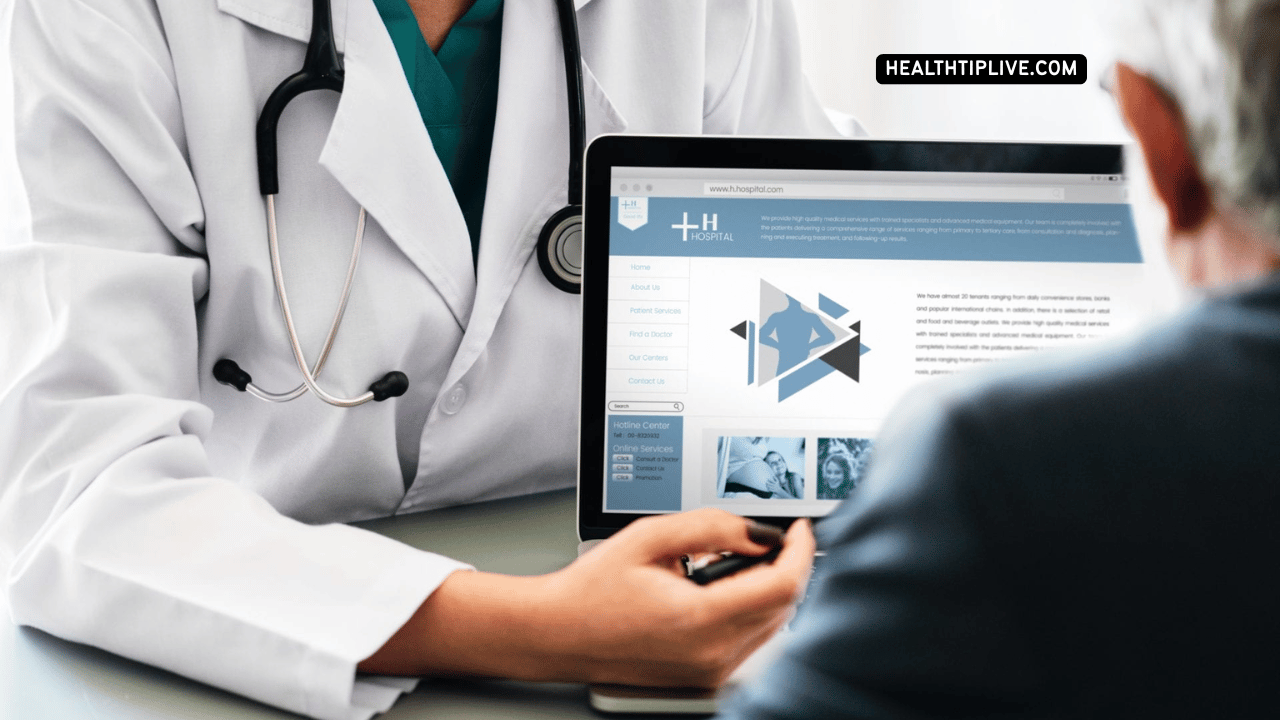Healthcare has long been an industry driven by necessity, yet recent advancements are pushing it into a new era of innovation. The demand for smarter, more efficient solutions is reshaping how patients experience care, how professionals deliver it, and how technology supports both. From digital tools to precision equipment, the landscape of healthcare is evolving at an unprecedented pace.
The Rise of Technology-Driven Healthcare
In today’s world, technology is no longer a supporting player; it’s central to healthcare innovation. Digital platforms, artificial intelligence, and advanced diagnostics are allowing providers to streamline processes and improve patient outcomes. Hospitals and clinics can now leverage data analytics to predict health risks, customize treatment plans, and reduce errors. This technology-driven approach not only enhances efficiency but also places patient experience at the forefront.
One notable area of advancement is in the integration of dental technology. Modern facilities often partner with a dental technology lab to create precise dental prosthetics and devices. These labs use digital scanning, CAD/CAM software, and 3D printing to produce solutions that are faster, more accurate, and highly personalized, reflecting a broader trend of digital innovation across medical disciplines.
Patient-Centered Design and Experience
Innovation isn’t just about technology; it’s also about the patient experience. Smarter healthcare systems focus on designing care pathways that are intuitive, accessible, and responsive to individual needs. This might include telemedicine consultations, online appointment scheduling, or virtual monitoring of chronic conditions. By emphasizing convenience and accessibility, healthcare providers can reduce barriers to care and promote proactive health management.
In addition, patient-centered innovation often extends to the physical environment. Clinics and hospitals are adopting layouts that reduce stress and improve comfort, integrating thoughtful design with functional efficiency. This combination ensures that innovations in technology are matched by improvements in human experience.
Interdisciplinary Collaboration
Another hallmark of smarter healthcare approaches is collaboration across disciplines. Modern innovation often requires input from engineers, clinicians, researchers, and IT specialists. By fostering interdisciplinary teams, healthcare organizations can develop solutions that aren’t only technically advanced but also clinically relevant. These collaborations are particularly evident in specialized areas like dental care, where close coordination between dentists, lab technicians, and software developers ensures high-quality, precise outcomes.
Partnerships with technology providers, such as dental labs, demonstrate how innovation can bridge the gap between concept and practical implementation. This collaborative mindset encourages experimentation while maintaining a focus on patient safety and care standards.
Leveraging Data and AI
Data has become the backbone of smarter healthcare solutions. From electronic health records to wearable devices, the ability to collect and analyze patient information allows providers to make informed decisions quickly. Artificial intelligence further amplifies this potential, enabling predictive modeling, automated diagnostics, and even the design of treatment plans tailored to individual genetic profiles.
AI-driven solutions also support administrative efficiency, reducing paperwork, optimizing staffing, and minimizing human error. The result is a healthcare system that is faster, more responsive, and better equipped to meet patient needs.
The Future of Healthcare Innovation
As we look forward, the focus will increasingly shift toward solutions that combine technology, patient experience, and collaboration. Healthcare innovation won’t be defined by gadgets alone but by how well these tools integrate into systems that prioritize outcomes and accessibility. Digital dentistry, AI-assisted diagnostics, and remote care solutions are just the beginning of this transformation.
Ultimately, smarter approaches in healthcare mean creating systems that are adaptable, efficient, and centered on the people they serve. By embracing technology, encouraging interdisciplinary collaboration, and keeping patients at the heart of design, healthcare can evolve into a more intelligent, compassionate, and effective service. Innovations such as advanced dental technology lab solutions illustrate just how far this journey has already progressed, and the potential for what lies ahead.



